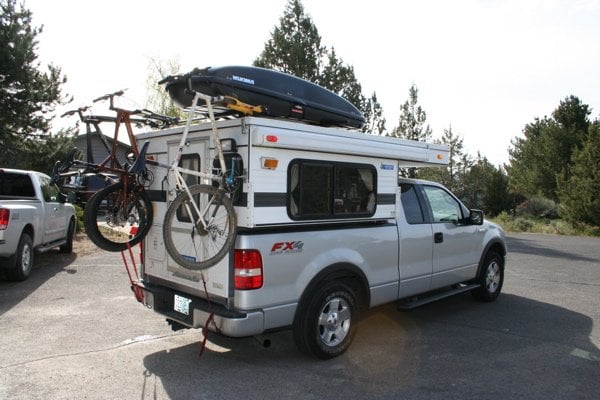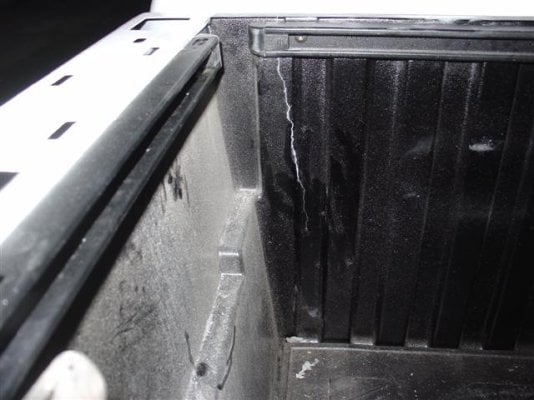brett13
Lovecock
- Joined
- Dec 10, 2006
- Messages
- 1,026
I'm new to the group, but have been lingering for a while and appreciate everyone's accumulated knowledge. Also, I'm not yet a FWC owner. My plan is to order one to go with a new truck this winter. I've been camping in tents or SUVs for years and decided its time to be more comfortable and get out more of the year. I've never had a truck camper, so I'm curious about payload and how the trucks handle it (I've settled on FWC because its the lightest and users seem to love them). Specifically, most smaller trucks like Tacomas, F150s, Tundra's etc have payloads around 1500lbs. An Eagle is almost 700, plus a few options brings it well over 900. Two people, dog, toys and gear and we're easily pushing 1500 (12 gal of water is over 100lbs alone). I am concerned because we do a lot of 4-wheeling and the last thing I want to do is bend a frame or bust an axle in the middle of nowhere. I also am not partial to larger, heavy duty trucks. Any thoughts/comments? Thanks.







